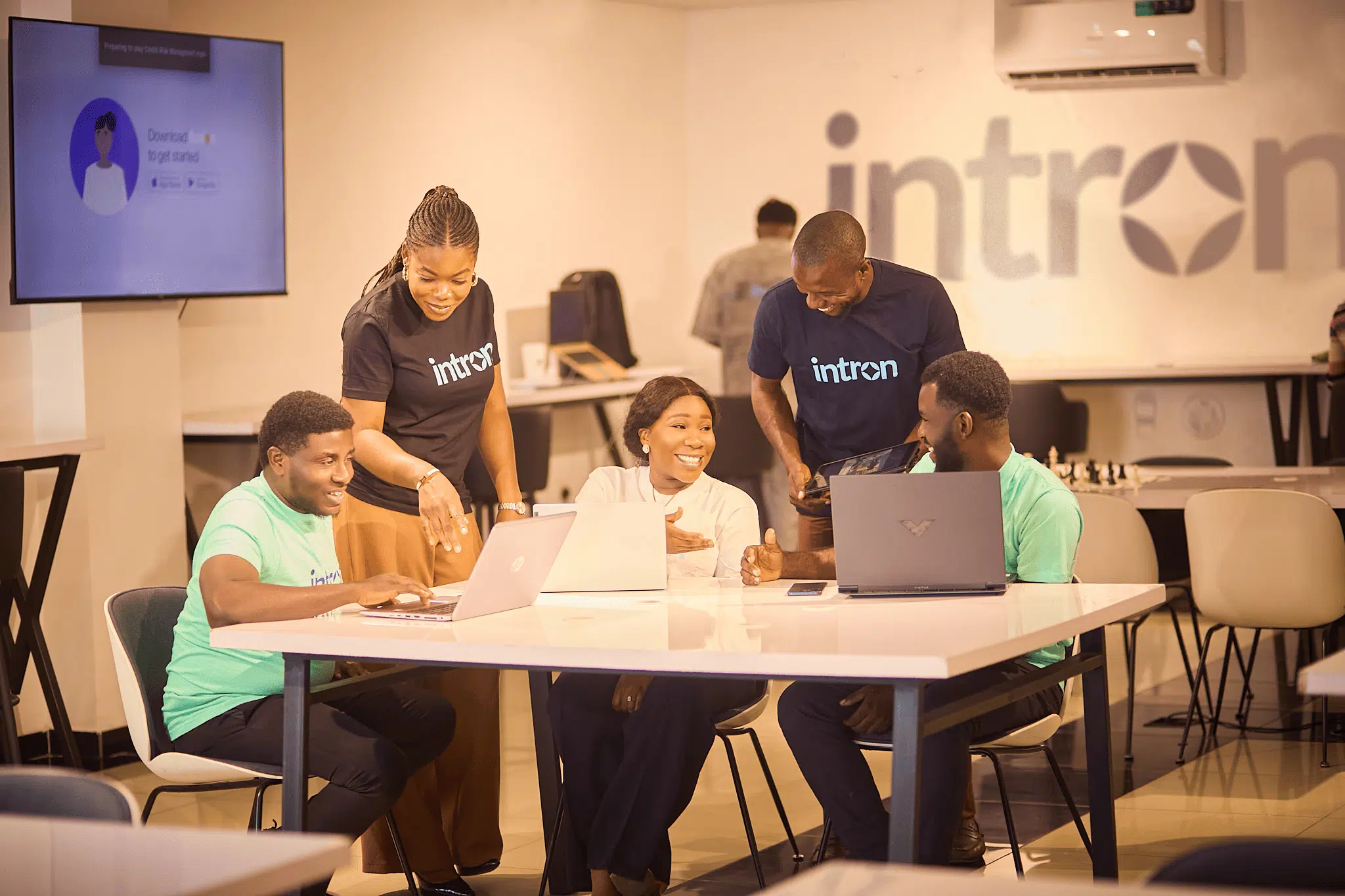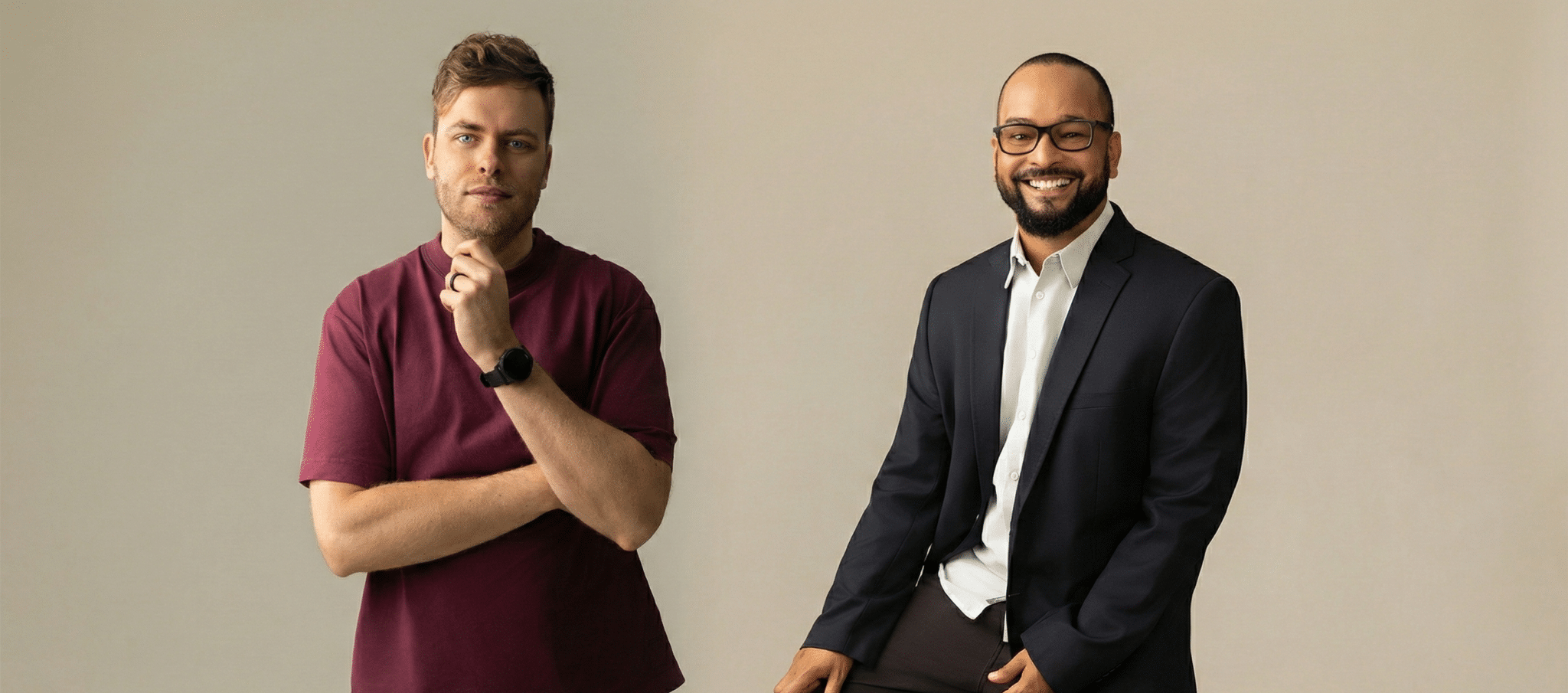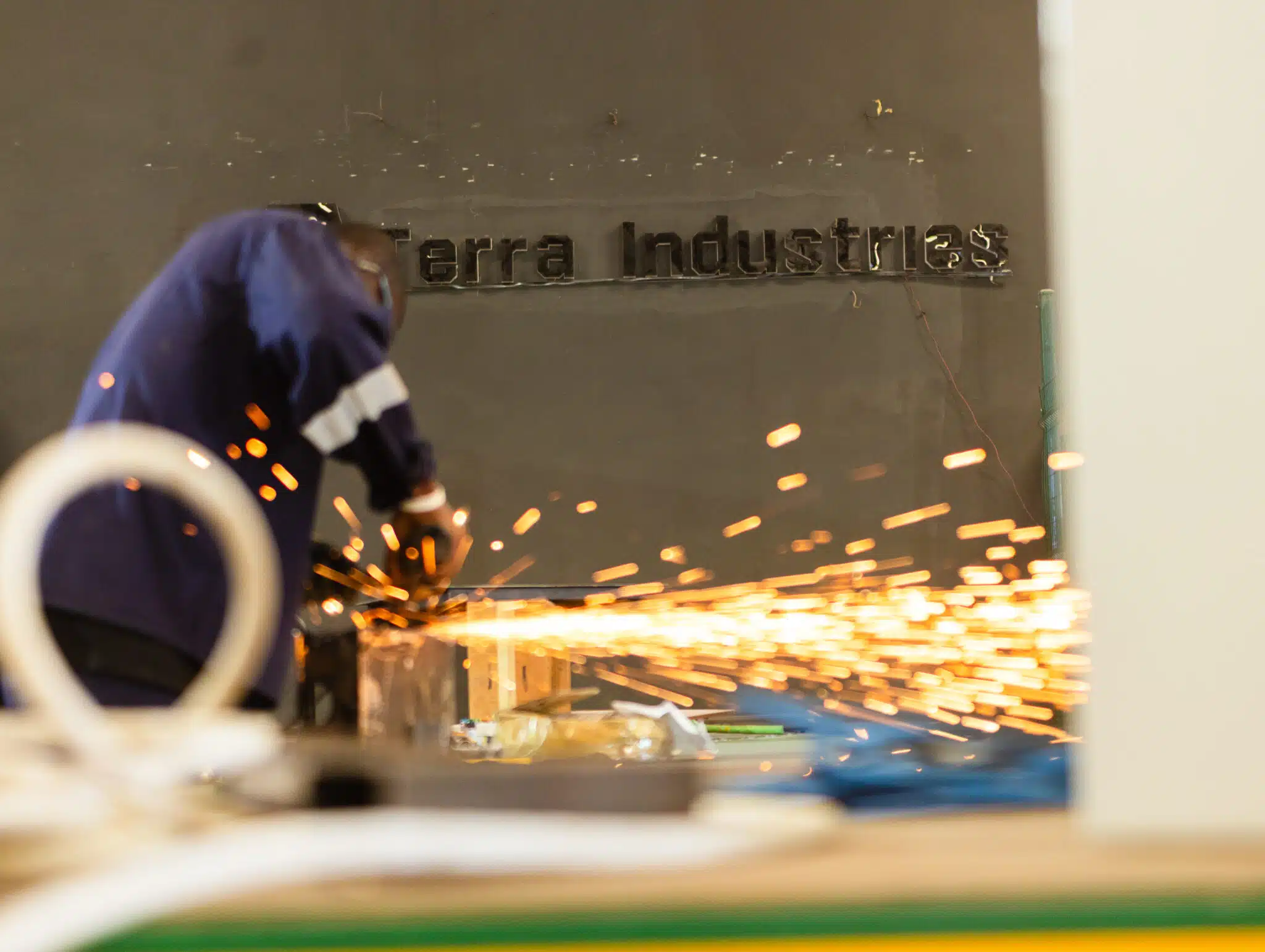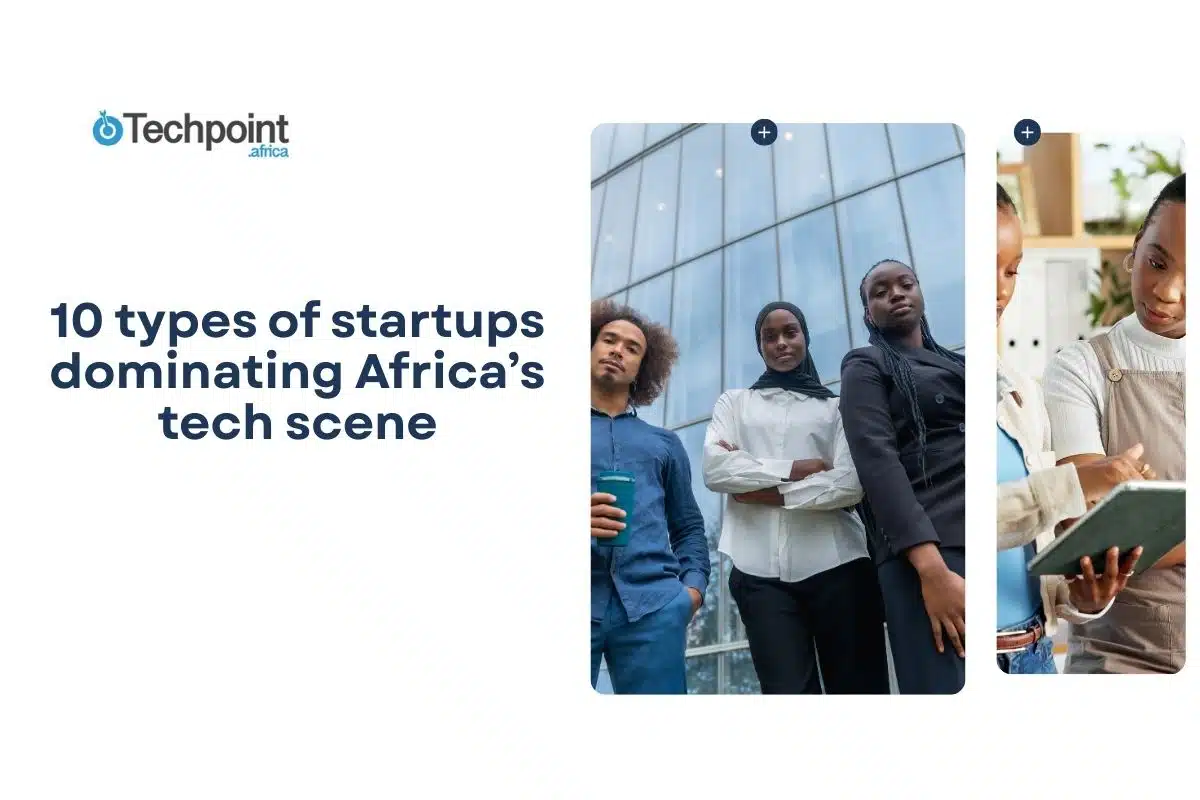The world is embracing more voice-based interactions such as smart assistants, voice searches, and audio transcriptions. However, it is important to note that the linguistic landscape in Africa is the most diverse.
Africa is a vast continent with different accents, dialects, and noise conditions that often trip up even the most advanced global voice AI. This problem is what Intron, an AI health tech startup, wants to tackle.
Renowned for its voice technology in healthcare, the startup is expanding its AI voice recognition capabilities beyond the health sector into finance, telecommunications, courts, and more.
According to the company, recent benchmark tests have shown that Intron’s Sahara voice AI suite now understands African speech patterns better than global giants like OpenAI, Google, Microsoft Azure, and AWS.
The company operates in several African countries, with partnerships and API integrators in Kenya, South Africa, Rwanda, Zambia, Ghana, and Uganda.
Intron beyond health
When Intron launched its speech-to-text model, Sahara, in 2020, it felt right at home in the health sector. With a 92% accuracy rate on medical terminology, even with heavy accents, it helped reduce patient traffic and ensured the smooth operation of clinical processes, also assisting with Electronic Health Records (EHR).
Over time, this model has been adopted by several services. From EHA clinics in Lagos and Abuja to South Africa’s non-profit, Audere, to Uganda’s healthcare network, C-Care.
In Rwanda, for instance, the Ministry of Health initiated the nationwide rollout of Intron Health’s home-grown electronic medical records system, which utilises voice-driven documentation and automated translation to facilitate adoption among clinicians.
Its Sahara model reduces the time needed for clinical note-taking to just 57 seconds for a 100-word report. It is built upon a patented dataset comprising over 3.5 million audio clips from 18,000 speakers across more than 30 countries.

Victoria Fakiya – Senior Writer
Techpoint Digest
Make your startup impossible to overlook
Discover the proven system to pitch your startup to the media, and finally get noticed.
After raising $1.6 million in seed funding in 2024, Intron has scaled its research, cloud infrastructure, and engineering teams, now serving over 40 organisations across eight countries.
Its model utilises Intron’s proprietary AccentMix algorithm and is backed by dedicated research and development efforts.
Intron’s African-centric AI models include:
- Sahara Optimus, Intron’s flagship versatile speech recognition system, is designed specifically to understand diverse African accents across various domains.
- Sahara TTS, a pioneering text-to-speech engine featuring over 80 male and female voices in more than 40 local accents from across 10+ nations.
- The Sahara Voice Lock, a smart voice security option solution built to identify and verify African speech patterns, helps detect fraud and prevent deep-fake misuse.
These speech-to-text models can recognise over 300 African accents and dialects, including variations like Ghanaian English and Zulu-inflected speech.
AI in the courtroom
In 2023, a judge in Katsina State who had seen Intron’s system during a medical pilot decided to test it for courtroom transcription. After a few days, he noticed that while the model leaned towards medical terminology, it was surprisingly effective in capturing legal conversations.
This feedback was the first sign of commercial value outside healthcare for Intron.
Several similar events followed, with African users seeking better transcription quality, testing the product outside its intended use, such as meeting transcription, interview transcription, call transcription, and local languages within and outside Nigeria.
“This consistent signal pushed us to begin making core architectural and data infrastructure changes that eventually led to the creation of an industry-agnostic model in 2024,” Tobi Olatunji, CEO of Intron, told Techpoint Africa.
The Ogun State Judiciary in Nigeria has already adopted Intron’s STT system, allowing judges and courts to save up extra hours as proceedings, which usually took up to four hours, have now been reduced to two to three hours, cutting the time by almost half.
These proceedings were previously manually translated, which was one of the major challenges, as the process was both exhausting and slow, and could also lead to errors, delays, and, in some cases, the loss of crucial legal records.
However, since adopting the AI voice system, legal professionals say they have been able to “focus on what really matters: justice”, now achieving more in significantly less time.
Intron’s system, powered by audio recording tools, file upload, and an intelligent transcription platform, has transformed what used to be a stressful and tiring process into a seamless documentation of legal records.
What’s next for Intron’s AI model?
Beyond transcription, these models are also deployed in call centres, voice-controlled apps, ATMs and kiosks, as well as voice authentication and security systems. Features like voice OTPs and voice MFA are being developed to work with African languages and dialects.
Armed with a new dataset comprising over 30,000 hours of indigenous language audio spanning 64+ languages and contributed by more than 32,000 native speakers, Intron is developing its next Sahara-Titan model.
The Sahara-Primus is a powerful AI system capable of understanding and transcribing across 20 major African languages, including Swahili, Hausa, and Zulu. It will also deliver fluent, lifestyle speech synthesis in these same languages.
“Intron represents a future where no community is left behind by technology. Our recent industry-leading benchmarks show what’s possible when Africa builds for itself. Sahara is more than a technical breakthrough; it’s an ecosystem victory. Rather than rail against Big Tech model bias, why not build better models?” Olatunji says.











